Lemon Grass
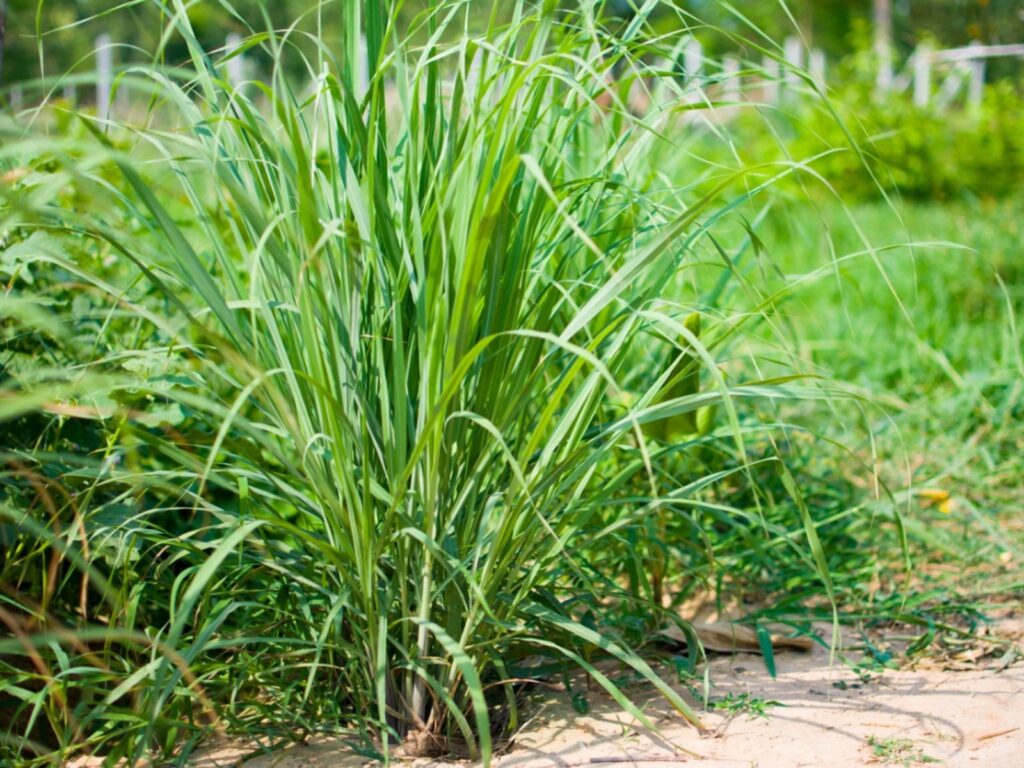
Lemon Grass is a tropical herb known for its fresh, lemony aroma and flavor. It is widely used in culinary dishes, especially in Southeast Asian cuisine, and is valued in traditional medicine for its various health benefits. The herb grows in tall, thin stalks and is appreciated for its aromatic qualities and therapeutic properties.
1. Size:
- Lemon Grass typically grows to a height of 3 to 4 feet (90 to 120 cm) with a spread of about 2 feet (60 cm), forming a bushy, upright clump.
2. Color:
- The leaves are green with a slightly yellowish tint near the base.
- The base of the stalks is pale, creamy color, which contrasts with the green leaves.
3. Texture:
- The stalks are fibrous and tough, making them suitable for infusing flavors in cooking.
- The leaves are thin, long, and smooth, with a slightly waxy texture.
4. Fragrance:
- Lemon Grass is known for its strong, fresh lemon scent, which is more pronounced when the leaves are crushed or cut.
- The aroma is bright, citrusy, and invigorating, making it a popular choice for adding a burst of lemon fragrance to various dishes and products.
5. Uses:
- Lemon Grass is commonly used in cooking to add a fresh lemon flavor to soups, curries, teas, and marinades.
- It is valued in traditional medicine for its digestive benefits, including relieving bloating, gas, and indigestion.
- The herb is also used in homemade beauty products for its aromatic properties and potential skin-soothing effects.
6. Habitat:
- Lemon Grass thrives in well-drained soil with full sun exposure but can tolerate light shade.
- It is commonly grown in gardens, containers, and herb beds, and is well-suited to tropical and subtropical climates.
7. Cultural Significance:
- In traditional medicine, Lemon Grass has been used to support digestive health and relieve stress.
- The herb is also used in spiritual practices for its cleansing and purifying properties, believed to enhance mental clarity and create a refreshing environment.
Spiritual Properties
- Cleansing and Purification: Lemon Grass is often used in spiritual practices for its cleansing properties. It is believed to purify the environment and create a sense of freshness and renewal.
- Energy and Clarity: The herb is thought to help in clearing mental clutter and enhancing focus and clarity. It is used in rituals to promote mental and emotional well-being.
Medicinal Properties
- Digestive Health: Lemon Grass is known for its digestive benefits, including alleviating bloating, gas, and indigestion. It is often consumed as a tea or in culinary dishes to support digestive health.
- Antioxidant Properties: The herb contains antioxidants that help combat oxidative stress and protect cells from damage.
- Anti-inflammatory: Lemon Grass has anti-inflammatory properties that can help reduce inflammation and pain in conditions like arthritis.
- Antimicrobial: It has natural antimicrobial properties that may help in fighting infections and supporting immune health.
Adverse Actions & Side Effects
- Sensitivity Reactions: Some individuals may experience allergic reactions or skin sensitivities when using Lemon Grass, particularly in essential oil form.
- Interaction with Medications: Lemon Grass may interact with certain medications, especially those affecting blood sugar levels or blood pressure. It is important to consult with a healthcare provider before using it alongside medications.
Side Effects:
- Nausea: Consuming large amounts of Lemon Grass or its essential oil may cause nausea or upset stomach in some individuals.
- Skin Irritation: Direct application of Lemon Grass essential oil may lead to skin irritation or rashes in sensitive individuals.
- Headaches: The strong fragrance of Lemon Grass may cause headaches or dizziness in some people, especially if used in large quantities.
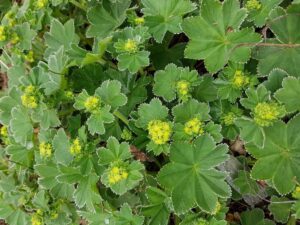
Lady’s Mantle
Lady's Mantle Lady's Mantle is a perennial herb known for its fan-shaped, serrated leaves and small yellow-green flowers. It has been traditionally used in herbal
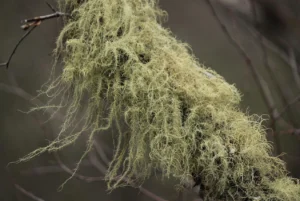
Usnea
Usnea Usnea, commonly known as Old Man's Beard or Beard Lichen, is a type of lichen that grows on trees, appearing as wispy, pale green,
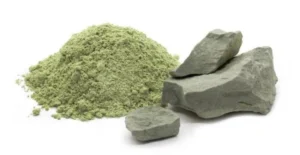
French Green Clay
French Green Clay The overall appearance of hibiscus flowers is bold and exotic, making them a popular choice for gardens, decorations, and floral arrangements. Their

Healing Bath for Emotional Trauma
Healing Bath for Emotional Trauma This bath is designed to aid in emotional healing and the release of negative feelings, making it ideal for times
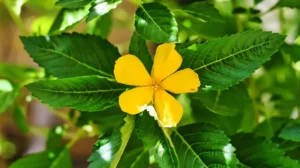
Damiana Leaf
Damiana Leaf Damiana Leaf is an aromatic herb known for its use in traditional medicine, particularly in Central and South America. It is valued for
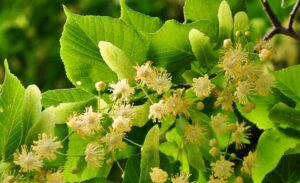
Linden Leaf & Flowers
Linden Leaf & Flowers Linden Leaf and Flowers are known for their soothing properties and delicate aroma. This herb is used in both traditional medicine